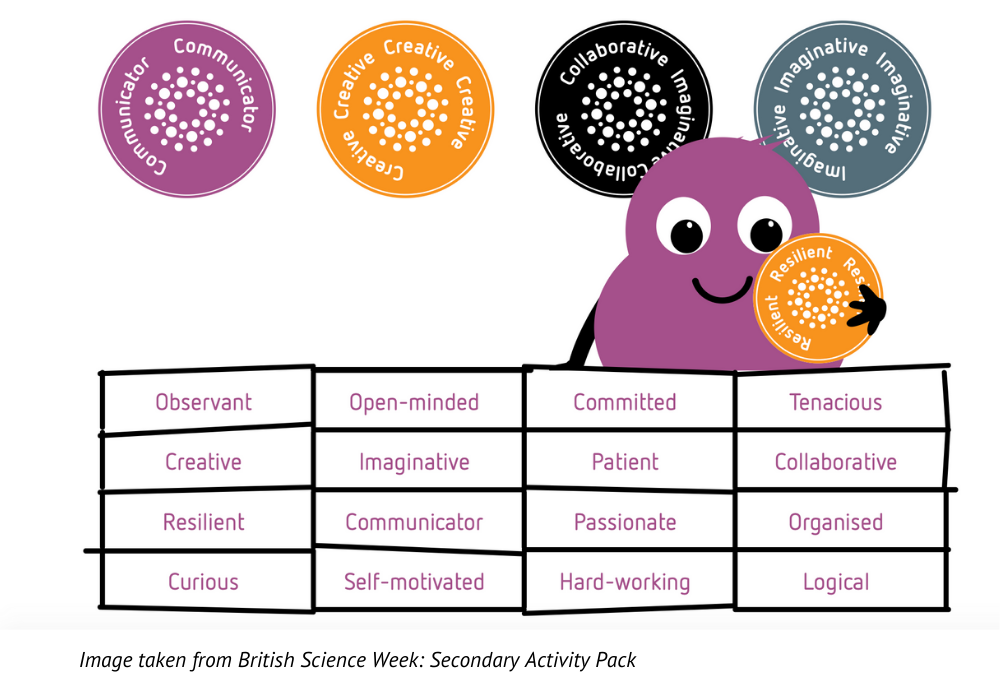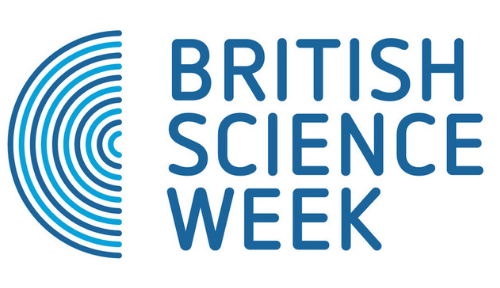British Science Week 2021: The Role of Reading
1 March, 2021The theme for this year’s British Science Week (5th-14th March) is ‘Innovating for the Future’, a theme that celebrates imagination and creativity. These are two skills that children – and adults – might associate more readily with artists rather than scientists, but one of the key aims of this year’s British Science Week is to challenge the stereotypes about who scientists are and what they do.
As a way of encouraging all children to see that they share some of the skills that scientists need, NUSTEM has identified 16 key characteristics of people who work in STEM jobs. These are listed in the British Science Week Activity Packs for schools, which you can download here.

Looking at the 16 characteristics, it is not hard to see that most apply equally to the work of the artist and the scientist. Whether it is observing natural phenomena, or the way that people behave and interact; whether it is organising scientific data or structuring ideas to tell a story to best effect, the scientist and the artist are drawing on the same basic skills.
All of which underlines the vital role that reading plays in all aspects of education. Reading can satisfy and encourage children’s curiosity about the world around them. Seeing events through another character’s eyes can help them become more open-minded. Nourishing children’s imaginations through books and story could be laying down the foundations for the technological discoveries of the future.
The world does not divide into scientists and artists. It is not a question of either … or. At the heart of both scientific discovery and art we find curiosity, creativity and the desire to explore the answer to a simple question: What if…?
Discover a range of literacy resources that can be used to support British Science Week here.

